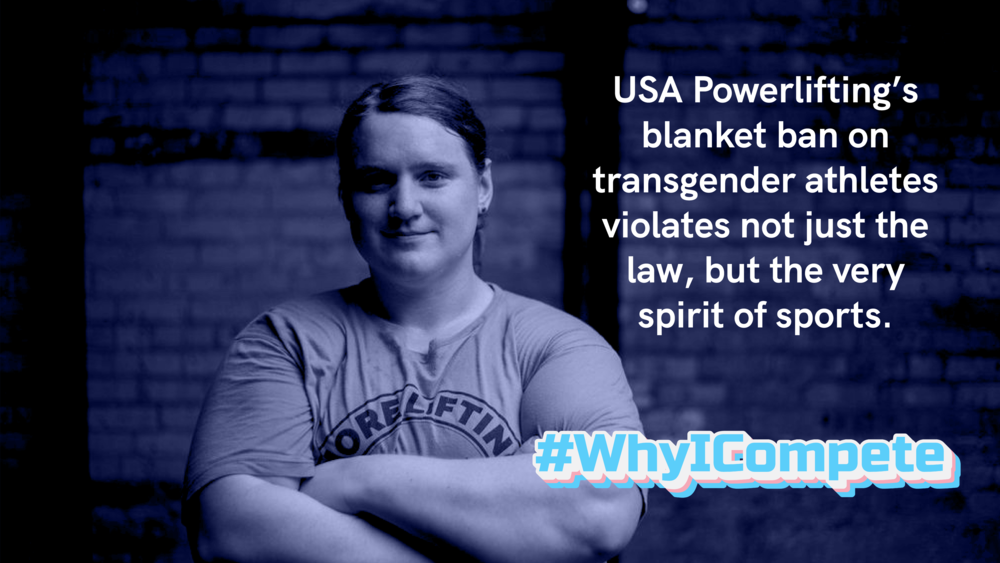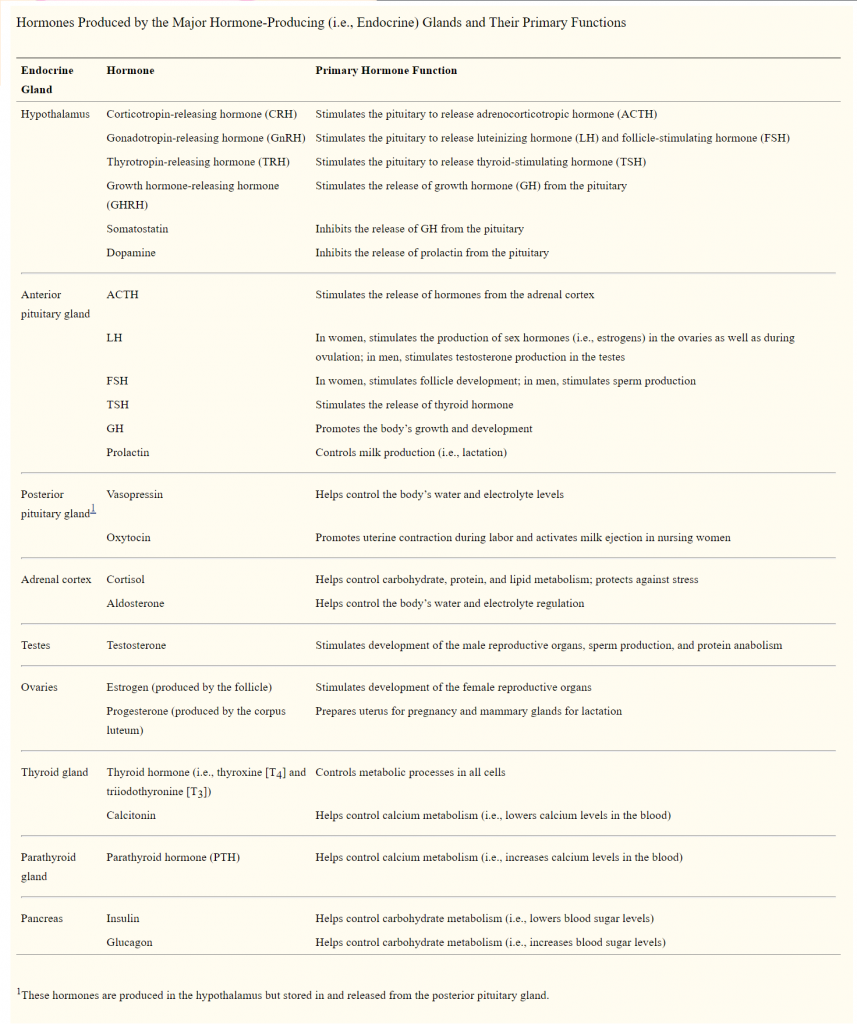I love the show “South Park.” It always seems to eloquently handle controversial topics by just making fun of everyone and everything, letting us laugh despite the concern that these topics are actually emotionally triggering to us.
Transgender athletes and hormones are one such controversial topic, and I hope you will read this, the first in a two-part column, with empathy and compassion, because opinions, while valid, can cause significant harm to someone these policies do affect.
Iowa just passed a bill that bans transgender women specifically from participating in women’s sports and even allows for testing of sex chromosomes (which, contrary to belief, are not a definitive measurement for biological sex characteristics). Gov. Brad Little signed that bill, known as the Fairness in Women’s Sports Act, in March. He also signed a bill that prohibits transgender people from changing their birth certificates to match their gender identities, which has nothing to do with women’s sports but is a significant rights violation.
Sports have always been male-dominated. Women were given the privilege to compete in sports much longer after they were allowed to vote or even go to college. While women were allowed to play some sports, mostly track and field and volleyball, women’s championships didn’t become part of the NCAA program until 1981-82.
Then there came tests used to determine testosterone levels, the primary hormone for people born with testes, which produce testosterone. These were used to keep any female athlete — not just transgender female athletes — who had high levels of testosterone from participating. And while there is a test for determining whether someone has too much testosterone, men are not subjected to tests for whether they have too much estrogen — the primary hormone for people born with ovaries — to keep them from participating in sports.
The human body produces dozens of hormones, messenger cells that tell the body what to do and how to function in a hope of achieving a process called homeostasis, aka the balance of the body. Sex hormones include estrogen, androgens (i.e testosterone) and progesterone. The testicles produce and synthesize testosterone and help with protein synthesis while the ovaries produce estrogen and progesterone.

SUBMITTED PHOTO
This wrestler is a transmale, and he won several competitions — against cisgendered women because the law wont allow him to compete against other men.
Why is this important? Many of the claims behind banning transgender athletes fall back on “science” and a focus on biology. We are taught an extremely simplified version of what hormones are, but they are much more complex than the simple idea of male and female hormones. And an entire specialization of medicine — endocrinology — focuses on hormones.
When a transgender person starts hormone therapy, regardless of sex reassignment surgery status, his or her body goes through massive changes, like upgrading from candlelight to LED bulbs. Our bodies know how to respond to the presence or absence of chemicals (any hormone molecule as well as vitamins and minerals). So when the body gets high levels of estrogen and low levels of testosterone, it doesn’t ask questions — it just reacts. Breasts develop, skin changes, thoughts change (I am much more emotional than before), and over time, things that used to be go away.

Look at this scary transwoman in a bathroom! She was in combat arms and obviously is a threat to other women (this is me in 2019).
As a transwoman, I take spironolactone (a testosterone blocker) and estradiol (estrogen). My levels of estrogen and testosterone fall within the range of a menstruating female. Having served in the Army in combat arms, I had to be physically fit and could do 70 pushups in two minutes. After a year on these medications, however, I embarrassingly had to ask a male friend to open a jar of mayonnaise for me. This highlights how, even after puberty, our body changes and reacts to these hormones. I lost muscle mass, shrunk 2 inches, gained body fat and even developed a period (without the bleeding, of course, but with cramps and migraines).
A trans male goes through so many other changes. For transmen, using testosterone can lead to body hair growth, their voices dropping, an increase in muscles mass and gaining height (remember, testosterone injections are banned from professional sports for a reason).
Estrogen and testosterone are just two of many hormones in our bodies, and changes in any hormone are significant. The hormone insulin, for instance, controls the amount of glucose in the blood, and people with diabetes need to take medication to regulate their insulin to stay alive.
In part two of this column, I’ll look at why some policies regarding transgender athletes are wrong and what policies could be used to protect everyone in sports — not just cisgender or transgender people. Remember, biology changes, and no two women, men or anything in between can ever be compared as “equal,” because their own genetics allow for change.

A Tunkhannock native, Erica Smith is a 28-year-old disabled veteran, dog mom, transgender woman and graduate of Marywood University, where she earned dual bachelor’s degrees in philosophy and physician assistant studies with minors in history, astronomy and bioethics plus an honors citation. She is a feminist philosopher and a bioethicist (certificate level) who is pursuing a master’s degree in clinical mental health counseling at Marywood and has written two graduate-level theses, “Ethical Medical Treatment for Children and Adolescents with Gender Dysphoria” and “An Ethical Analysis of the Mental Healthcare System Treatment of Gender Dysphoric Patients.” As an advocate for LGBTQIA++ people in Northeast Pennsylvania, she has spoken at events and tries to educate and start conversations on the topic. Additionally, Smith is a volunteer firefighter/EMT and loves reading, playing with her dog, playing video games, building computers, drawing, journaling and spending time with her Christian women’s group, Delight. Contact her at ssgsmith51@gmail.com.




